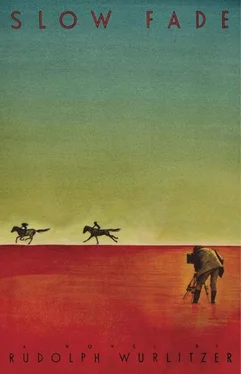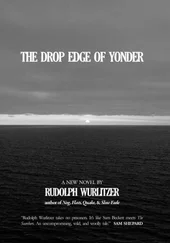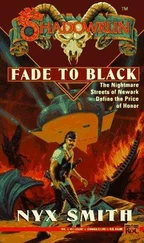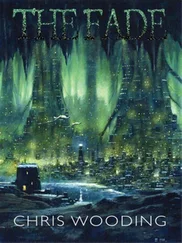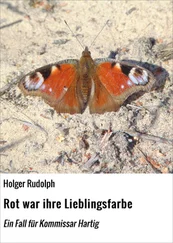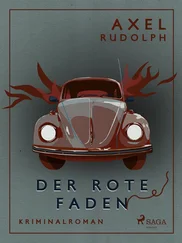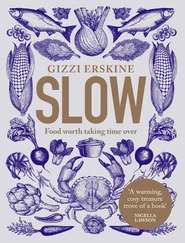“I’m Wesley Hardin.”
“You ain’t.”
“I am.”
“I’ll be the last man in hell. Come in and set.”
Wesley put down his bag and sat on a chair. Accepting a bottle of rum, he took a long pull and handed it back.
The old man drank and shook his head, his eyes never leaving Wesley. “Meat’s meat but you don’t look like no Hardin.”
“I suppose not,” Wesley admitted.
“You ain’t knowin’ me?”
Wesley shook his head.
“Long Hatcher, that’s who.” He looked at Wesley with his mouth open, a hollow whistling sound pumping through his toothless gums.
“Long Hatcher?”
“The same. You ain’t looking good, Wesley. Not worth the price of powder, my son.”
“I’m tired,” Wesley admitted. “Figured I needed a change.”
“Don’t we all, my son, don’t we all. But the Slab be the wrong place for change. Everything be going the other way. Cannery shut down. Ten cords of pulp won’t buy a pair of boots and a bottle of rum. Salmon fished out. Government telling us we can’t hunt the seals. Oh, it be hard times, all right.”
“Will you put out your traps?”
“Not this winter. Don’t make a whole lot of sense, price of pelts being what they are. No, Wes, I’m telling it straight. Feels like lately I don’t own nothing but my own breath, and that’s going fast.”
“How long have you been in the house?”
“Since your mama and daddy died. A good thing, too, or they would have stripped her down past the nails. Word has it you’ve been down to the States.”
“Mostly.”
“People say there’s work there. You must have done all right to have stayed this long.”
“I made enough to last me to the end.”
“A man can’t ask for more’n that.”
“I don’t suppose.”
Long’s breathing had become labored and he was unable to speak, shaking his head and spitting up gobs of phlegm on the floor. Wesley sat with him, smelling the room and starting to open up to it and then pulling back. He took an ax leaning against the table and split up a pile of wood into kindling. When he had finished with the wood Long’s breathing had evened out.
“I’ll sleep upstairs,” Wesley said. “You don’t have to bother with me.”
“And don’t you bother none about me,” Long wheezed. “I’m squeezed in at the end of the pantry. Got me a mattress and it’s right handy.”
Wesley went up the wide stairs, which were worn in the middle, and turned into a large room with a peaked ceiling and a dormer window that faced the sea. The only light came from an uncovered bulb on the ceiling. Dust covered everything, and there was the smell of urine and a stronger, bitter smell as if a small animal had died. Black glass from Captain Morgan rum bottles drifted up against one wall and the window had been nailed over with punctured plasterboard. A brown army blanket full of mouse holes lay twisted on the bed. He recognized the chest of drawers and the large oak desk that had been taken from a French schooner wrecked off Tilt Cove a hundred years ago, but initials other than his had been carved into the headboard of the bed. Turning off the light, he lay down and pulled the blanket over him. Where were his children this night? he wondered. He had trouble breathing and he turned on the light and went over to the window, punching a hole through the plasterboard with his elbow, enough to allow a cold rush of air into the room. On the way back to the bed he cut his foot on an angle of broken glass. Making a crude bandage with his shirt, he huddled beneath the blanket, trying to remember how it had been getting up before dawn and going down to the kitchen, where he and his father would eat silently and then walk to the dock. Other men would be there and they would take the boats far out into the night so that when dawn came they would be out of land’s sight. Sometimes they would stay out through that day and the next night before they would come in. But now it was another night in another time, and he was forever separate from all that but no more separate than from the day that had just ended. Toward dawn, he fell asleep and when he woke a few hours later he felt calm enough to make his way to the kitchen.
Long Hatcher was still sitting by the stove.
“I’ve been waiting for you for some time,” Long said. “Since your mama died anyways. I wanted to sing my song for you before I went under myself. I heard your mama’s and daddy’s song and now you’ll hear mine. It’s only right.”
Wesley agreed and they drank tea in silence and then Wesley went upstairs and fell asleep. He slept until midday and when he came down to the kitchen again Long was lying drunk on his mattress. He tried to prop himself up on his elbow, looking at Wesley with rheumy imploring eyes as if he had something of great importance to say, but then he fell back and passed out. Wesley was grateful to sit in the kitchen unobstructed, to let the feel and memory of the room settle over him. But there was still a gnawing restlessness inside him, still this forlorn sense of futility and despair, as if the actual sameness of the room, the same chairs and cupboards and the same oak-planked table and yellow bone-handled knives and forks, conspired to make him feel even more separate, as if coming back had been nothing more than cheap sentiment, another ludicrous dodge against confronting whatever inner layers of himself still remained. He drank another cup of tea, adding a large dollop of rum, and then it was no longer possible to remain inside. Changing into long underwear and woolen pants, he put on his new fur-lined boots and Hudson Bay parka and, taking a shotgun down from a rack over the door, he stepped outside.
Climbing up the hill in back of the house, he made his way inland, skirting a long U-shaped bog and heading for a dense thicket of elderberry bushes. The day was windy, full of bleak rain-filled clouds scudding off toward the northwest. Years before, at this same time of year, he had followed in his father’s footsteps as they went hunting to lay in meat for the winter. They would go out every day for weeks until the weather turned too raw and bitter, and even then they would sometimes continue if the game had been scarce. Those were the only times he had felt a bond with his father, although they rarely talked and then only at night, after they had skinned a rabbit or partridge and sat eating around the warmth of a fire. Sometimes his father would permit him inside the rigid boundaries of his fierce containment. Talking slowly of the past and his father and his father’s father and how they had always hunted this land and how as long as there were Hardins the land would belong to them. What great failing had caused Wesley never to allow his own son to follow, however briefly, in these same footsteps? Or strength, he thought savagely. Because it was over, all of this, it was only sport now and an old man’s ambiguous anchor to a past that Walker could and should have no use for.
A rabbit scampered in front of him and he raised his shotgun only to lose his aim as the rabbit darted off to the side. As if to test his resolve, he fired a round at the sky, the report shocking him and for a brief moment emptying his mind. He walked on, through the elderberry bushes and into the dense spruce forest that stretched for sixty miles to the other side of the island. It was quiet now inside the refuge of stunted windswept trees, and he sat down against a lightning-split trunk. He dozed and when he woke there was a light rain falling and there, through the trees, stood a slender doe, her head and flank exposed.
As he raised the shotgun, she turned toward him, her eyes and nostrils shuddering with fear. And then he fired, the pellets striking her head and neck. But she wasn’t fully dead, and plunging through the woods, she disappeared from his line of vision. He followed her to the edge of a steep ravine. He could see the trail of blood and hear her shuddering death agony beneath him, but the ravine was too steep for him to descend and once down he knew he would never be able to get back.
Читать дальше
